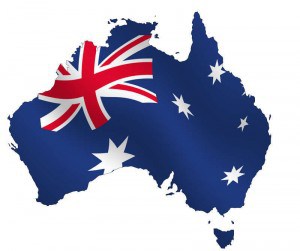Senator Amy Klobuchar (D-Minnesota) is expected to introduce legislation this week to protect consumers from excessive early termination fees for ending their cell phone contracts early.
The Cell Phone Consumer Empowerment Act comes a few weeks after Verizon Wireless doubled their cancellation fees November 15 from $175 to $350 for “advanced” mobile phones.
Klobuchar sent a letter to Verizon Wireless President and CEO Lowell C. McAdam, criticizing the company’s decision to increase its Early Termination Fees (ETFs) for new smart phone customers. Klobuchar also sent a letter to Federal Communications Chairman (FCC) Julius Genachowski, urging a review of the Verizon Wireless decision to raise these fees.
“These fees are anti-consumer and anti-competitive and they bear little to no relationship to the cost of the handset device,” said Klobuchar, a member of the Senate Commerce Committee.
Klobuchar’s bill is anticipated to specifically target Verizon Wireless over its decision to double fees for consumers. Although the specific details of how the legislation will control fees is still being worked out, Klobuchar’s bill is expected to force providers to incrementally reduce fees for every month of service a customer completes and possibly set a ceiling on the fee charged depending on the retail price of the phone.
Klobuchar introduced a similar bill during the last session of Congress and many cell phone providers responded by pro-rating cancellation fees for departing customers, typically 1/24th of the fee waived for each month a customer stayed with the provider during a two-year contract. But Verizon Wireless’ decision to double their fee, which could set a new trend in the industry, directly increases prices for consumers, according to Klobuchar.
“Under the company’s new plan, the penalty for leaving the contact halfway through a two-year contract would be $230 – still higher than the $175 ETF Verizon Wireless previously charged for these phones,” Klobuchar wrote to McAdam.
Verizon Wireless is the nation’s largest cell phone service provider. Verizon customers purchasing an Advanced Device (smart phone) with a one or two year service agreement will be subject to an ETF of up to $350 if they disconnect service prior to the minimum term. The $350 ETF will decrease $10 for each month of service completed.
The cell phone industry has defended cancellation fees as necessary because providers subsidize the cost of the cell phones sold to consumers. Customers can purchase phones at the retail price and not be committed to any contract or termination fees. Some advanced handsets can cost well over $500 if purchased without a contract.
Copies of correspondence to McAdam and Genachowski appear below.


 Subscribe
Subscribe




